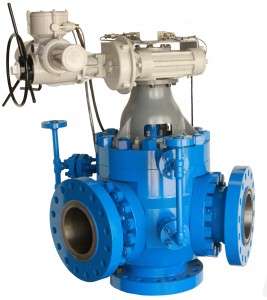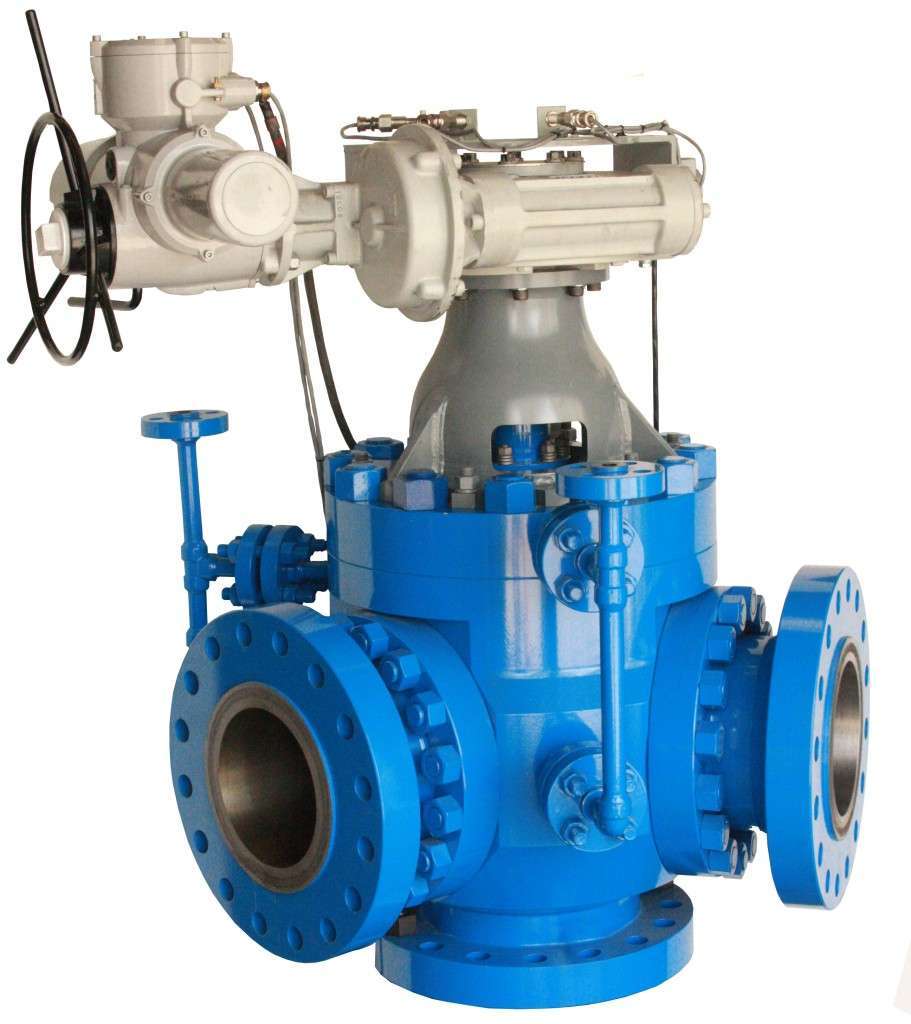ValvTechnologies’ four-way switch valve design focuses on operational reliability, extended mean time before major repair and low cost of total ownership.
The delayed coker process is a batch process, one of the most hostile environments in the refinery – due to the abrasive/ erosive, properties of the coke by-product and high temperature reactions. Valves are cycled frequently and failure can lead to a complete shutdown of a unit, resulting in large process and financial costs. Optimizing valve life-cycle is critical to operational efficiency.
- Bellville loaded seat and ball to maintain valve operability during shutdown intervals
- Switching valve with tight shutoff to assist in reliable drum operations
- Spring pockets are protected by Chevron and grafoil seals in case of a steam event to prevent migration of coke buildup and lockup
- Chromium Carbide coated ball and seat face to extend life cycle and lower cost of repair
- High strength metal pressure seal ring bonnet seal to prevent leakage to atmosphere under severe operating conditions
- Continuous body cavity purge design eliminating the eventful coke build up and lockup
- Chesterton low emission stem packing exceeding emission guidelines
- Flanged end connections available
- 15 years potential life in service for increased reliability
- Excellent thermal compensation for increased reliability
- Prevents coke migration into seat faces for increased reliability
- No purge steam needed for seat loading for lower emissions, enhanced process safety
- Eliminates pendulum motion of the ball for inherent fire safety
- Ball and seat are HVOF RiTech™ spray coated and erosion resistant
- Extreme wear resistance for cycling and consistent torques reducing repair costs
- Strong bonding in thermal cycling applications for longer service life
- Low steam requirements for reduced maintenance costs
- Less fabrication required for longer service life
- Graphite seals in spring pockets protects loading mechanisms in case of steam failure for reliability in case of temporary steam loss



